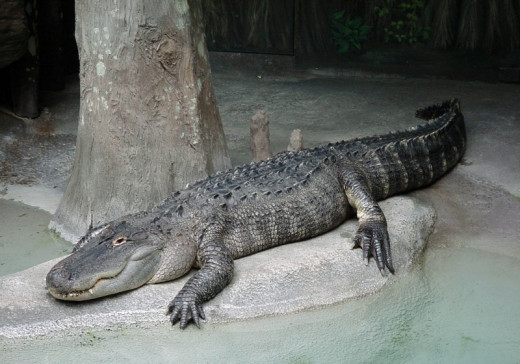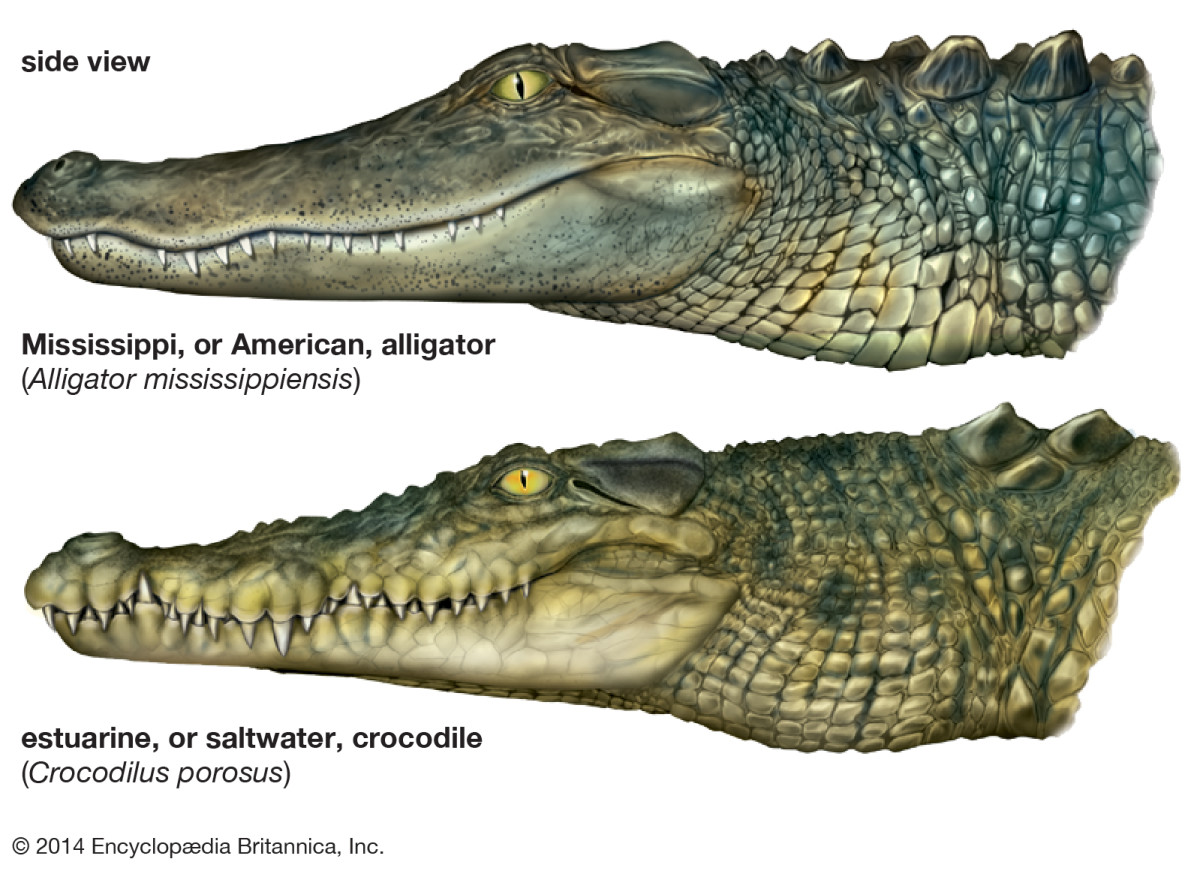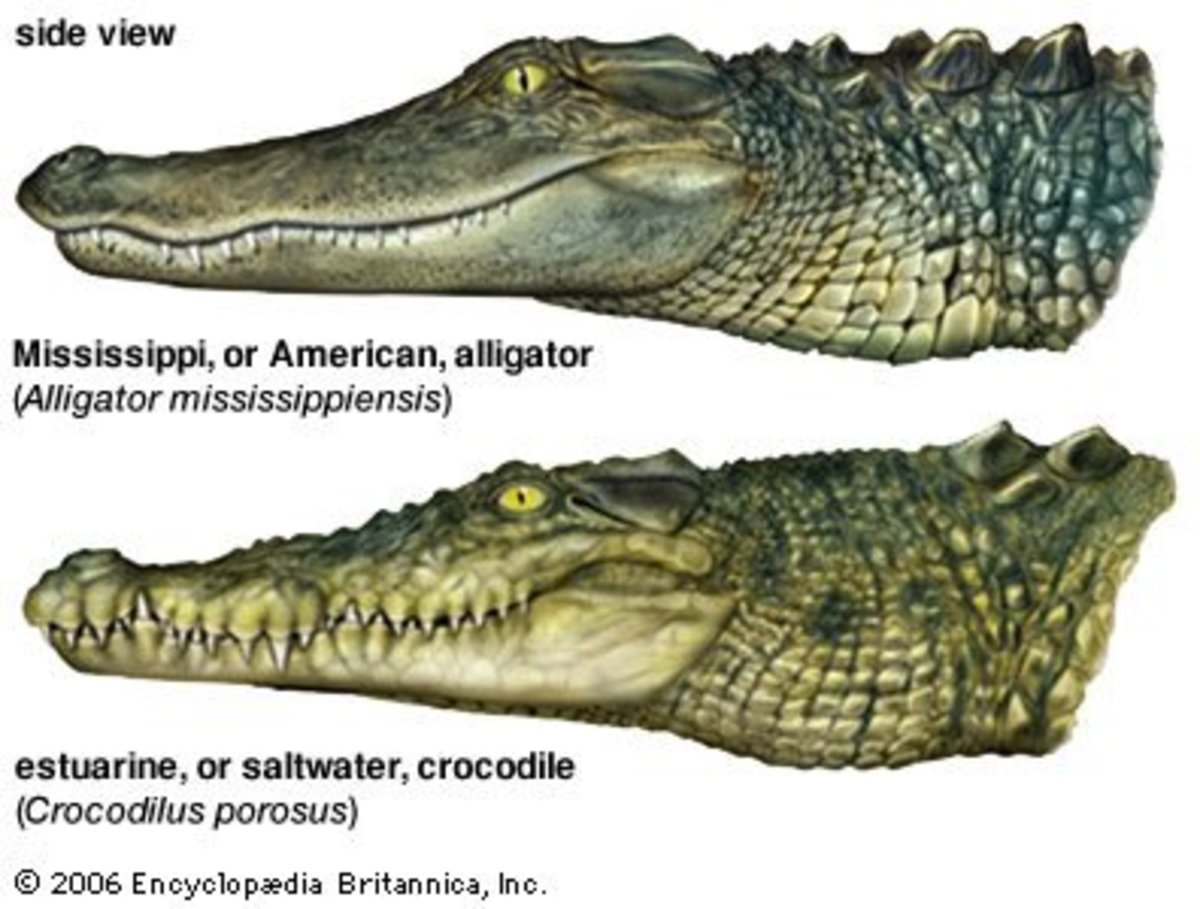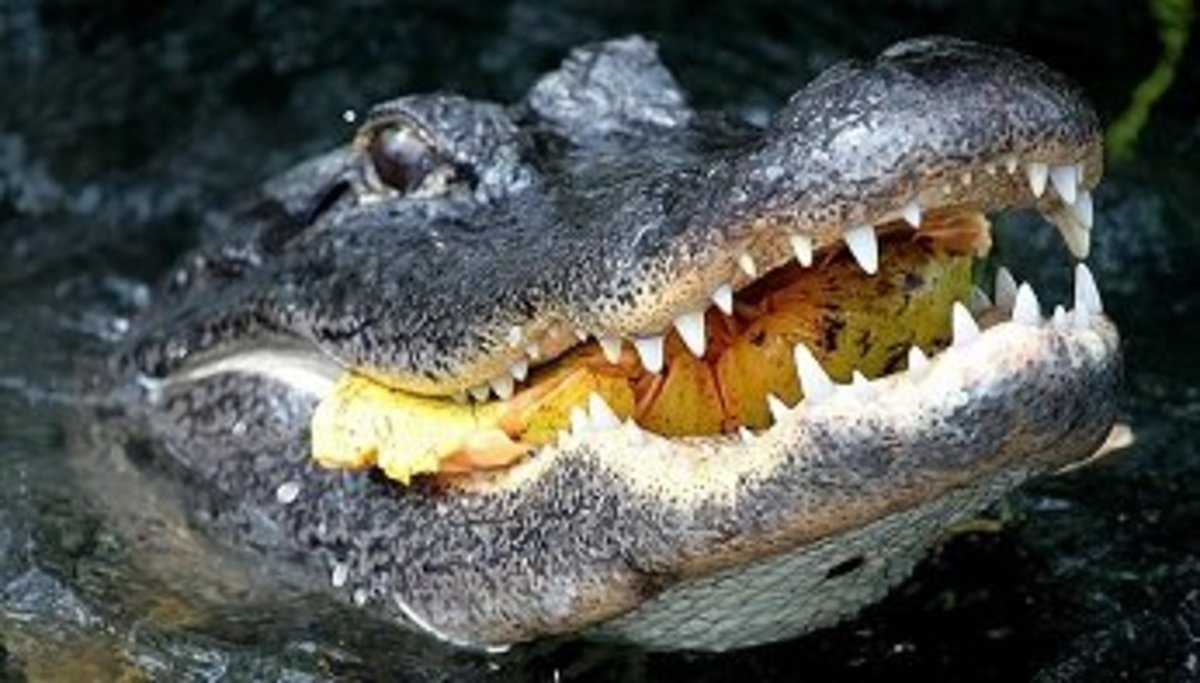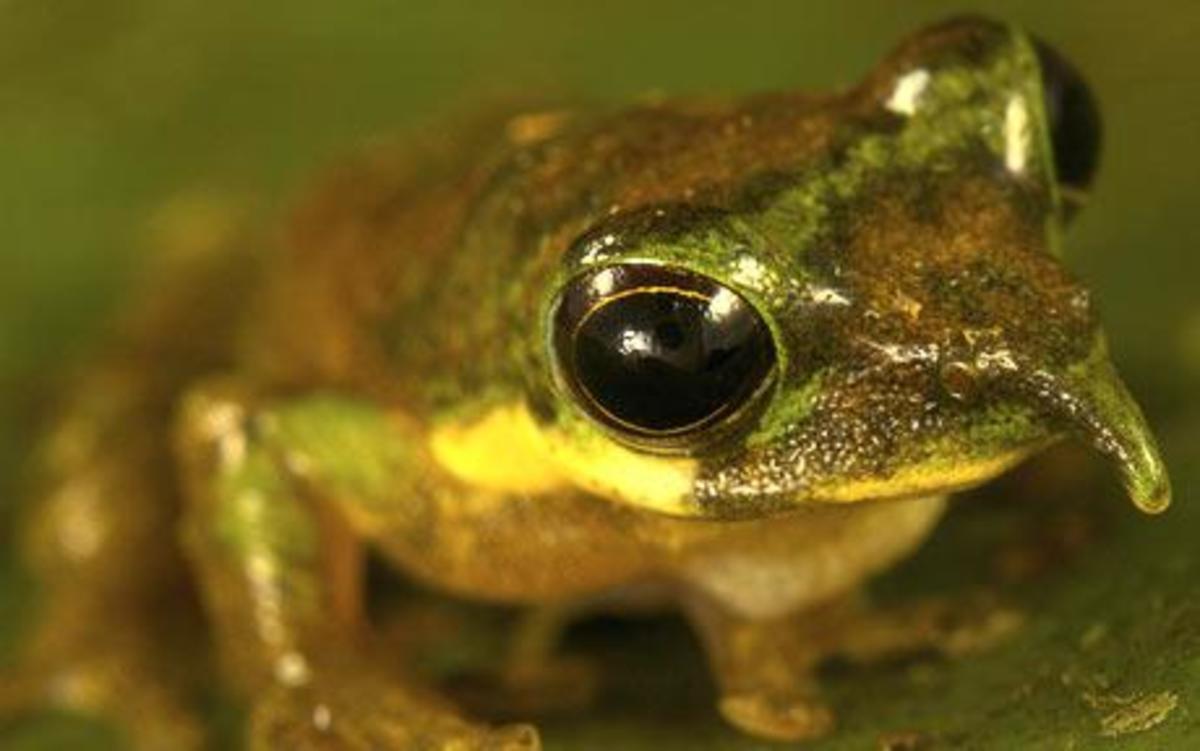All About Alligators
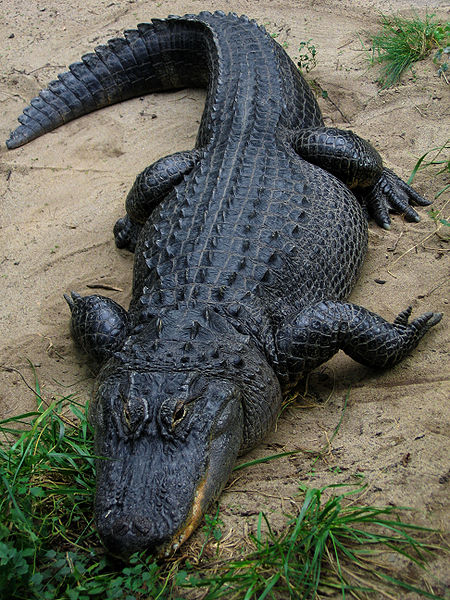
The American Alligator
Alligators are fascinating creatures. They've survived for many, many years, first coming to north America during the Cretaceous period. Today, they are the largest reptile found in North America.
Once endangered, alligators have made a remarkable recovery with a population of approximately five million. Read on to learn more about these interesting reptiles who actually walked with the dinosaurs!
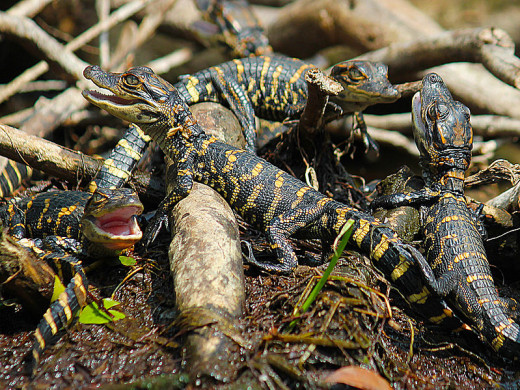
Fascinating Alligator Facts
-They are of the order Crocodylia, the family Alligatoridae, and the genus Alligator mississippiensis.
- Alligators are not green in color, as many people believe. They are actually dark brown or balck in color. As they mature, they can become a dull grey color.
- The American alligator is found in the southeast United States. Their habitat ranges from eastern Texas to North Carolina. The live in freshwater rivers, ponds, and marshes. They also can live in brackish waters.
-Alligators are carnivorous. Baby alligators eat insects, snails, and worms. As they get bigger, they eat fish, frogs, small mammals, and just about any meat they can get. They have even been known to eat pets or occasionally humans!
- An alligator will kill its prey with its strong jaws. If the animal isn't killed in this way, it will pull it underwater, spinning it around in a "death spiral" until it drowns.
- Young alligators have a yellow stripe on their tales. When they are older, they have a darker stripe.
- The biggest threat to a baby alligator's survival are adult alligators.
- The larger, older males are solitary animals and are very territorial. They will defend their area from other alligators.
- While the large tail of an alligator can be used for defensive purposes, its main function is for propelling the animal through the water.
- While the muscles in an alligators jaws used for closing the jaws are extremely strong, the ones used for opening the jaws are very weak. A grown man can hold an alligators jaws shut. However, that same man could not pry an alligator's jaws open.

Did You Know....
- Alligators can be surprisingly fast on their feet. They've been known to reach speeds of up to twenty miles per hour when running short distances. They are excellent swimmers and are very fast in the water.
- The average lifespan of an alligator in the wild is anywhere from 35 to 50 years. However, when living in a zoo, they can live up to 70 years.
- An alligator has five toes on its front feet, but only four webbed toes on its back feet.
- These toothy animals have anywhere between 74 and 80 teeth. As the teeth wear out or fall out, they are replaced, meaning an alligator can have over 2000 teeth throughout their lives.
- Alligators grow to an average length of ten to fifteen feet long, with the males being bigger than the females. However, when they are first hatched, they are only six to eight inches long.
- Alligators mate during April and May. The female will build a nest of rotting vegetation in a sheltered spot and lay a clutch of 20 to 50 eggs. The sex of the baby is determined during the incubation period. An incubation temperature of 86 degrees will produce a female while an incubation temperature of 93 degrees will produce a male.
- During the incubation period, a mother alligator will defend her nest from predators. The babies will stay near their mother for up to two years.
- A young alligator will make a noise which sounds like a bark. Older animals will grunt or hiss.
- The maturity of an animal is determined by its size, not its age. Alligators are considered mature when they reach six feet in length.
- Alligators do not make good pets. There brains are very small and they cannot be domesticated.
- Most alligators are wary of humans and avoid them. However, humans encroaching on their territory has resulted in some attacks. Also, humans feeding alligators has resulted in the animals losing their fear of humans.
- The first Spanish explorers to the "new world" didn't know what alligators were. They called them "El Lagarto".
- Alligator farming is a booming business. Alligators are raised for their meat and for their hides. Roughly 300,000 pounds of meat is produced annually.
